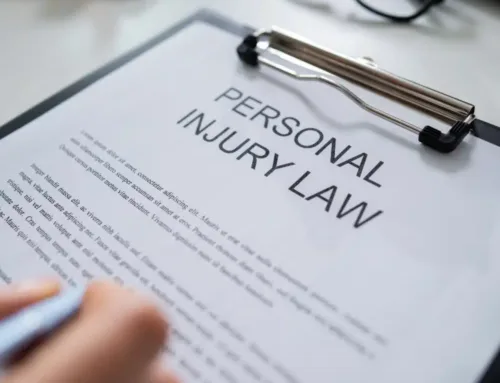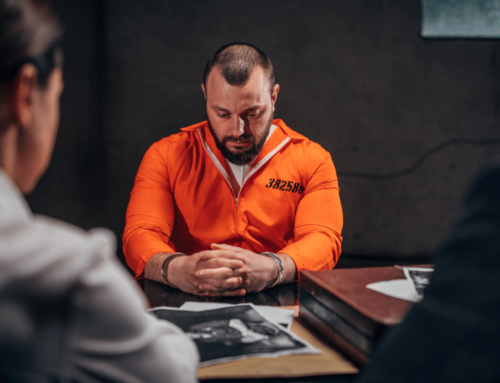In the past, it was common for custody to be awarded solely to one of the parents, with the custody going usually to the mother, as long as she was a fit person to have custody. This approach has been replaced by Connecticut’s statute on joint custody:
There shall be a presumption, affecting the burden of proof, that joint custody is in the best interests of a minor child where the parents have agreed to an award of joint custody or so agree in open court at a hearing for the purpose of determining the custody of the minor child or children of the marriage. If the court declines to enter an order awarding joint custody pursuant to this subsection, the court shall state in its decision the reasons for denial of an award of joint custody.
It also used to be the case that judges did not distinguish between legal custody (decision making) and physical custody (parenting time).
Joint Custody vs Sole Custody
Just as custody can be either joint or sole, it can also refer to legal custody versus physical custody.
Sole Legal and Physical Custody
Sole custody is when a court orders custody to only one parent.
Now there are two types of sole custody: sole legal custody and sole physical custody. Typically when someone is referring to “sole custody” and doesn’t specify whether it’s legal or physical, this usually means that both are sole.
Now just because one parent has sole physical custody that doesn’t mean that the non-custodial parent doesn’t have visitation rights. It should also be noted that just because a parent doesn’t have custody of a child does not mean that their parental rights are terminated. Non-custodial parents will still have parental rights and responsibilities. In most cases there are often still child support obligations and visitation, even when the other parent has sole custody.
Even though sole custody gives ultimate decision-making power to the parent with sole custody, sole custody does not necessarily prevent the noncustodial parent’s involvement in all decision-making during visitation.
So while courts do not usually require that the custodial parent be consulted on routine minor decisions like what the child will be eating during visitation with the non-custodial parent. However, the noncustodial parent is not likely allowed to make other decisions that would carry outside of the visitation time. For example, the noncustodial parent would likely not have the authority to enroll the child in a long-term activity or school.
Joint Legal and Physical Custody
Joint Custody is when a court orders custody of a minor child to both of the parents. As with sole custody, there are two types of joint custody: legal and physical.
When parents have joint legal custody, they will both typically have the right to participate in making major decisions regarding their child.
Under a joint legal custody arrangement, parents are obligated to consult with one another regarding major decisions affecting the child. Major decisions often involve those related to the child’s health, growth and development, choice of schools, religion, course of study, travel, employment, sports, activities, and significant changes in the child’s social environment.
It’s important to note that “joint physical custody” does not mean 50%/50% parenting time.
Modifying or Changing Joint vs Sole Custody
When the court has finalized your divorce or custody action, then it is issued a final decree. This decree is actually a final, and enforceable court order. So what happens if the initial order doesn’t work for you and your family? Sometimes there are Post Judgment issues with the parenting plan.
A Motion to Modify can also be used to adjust the terms of a parenting plan or custody agreement so that they more accurately reflect your child’s needs as they grow. As always, any modifications to a parenting plan must be in the child’s best interests.
Reasons a parent might file a Motion to Modify custody or parenting include:
- Seeking a change from joint custody to sole custody or from sole custody to joint custody
- Adjustments to a child’s school or activity schedule
- Seeking additional parenting time
- Changes to a parent’s work schedule
- Hoping to relocate
Speak to an Experienced Family Law Attorney Today
Need help with Child Custody, then you should contact the Law Offices of Keith Anthony at (860) 333-6455. Attorney Keith Anthony can help you navigate thru this process, step by step and is open to assist you.




